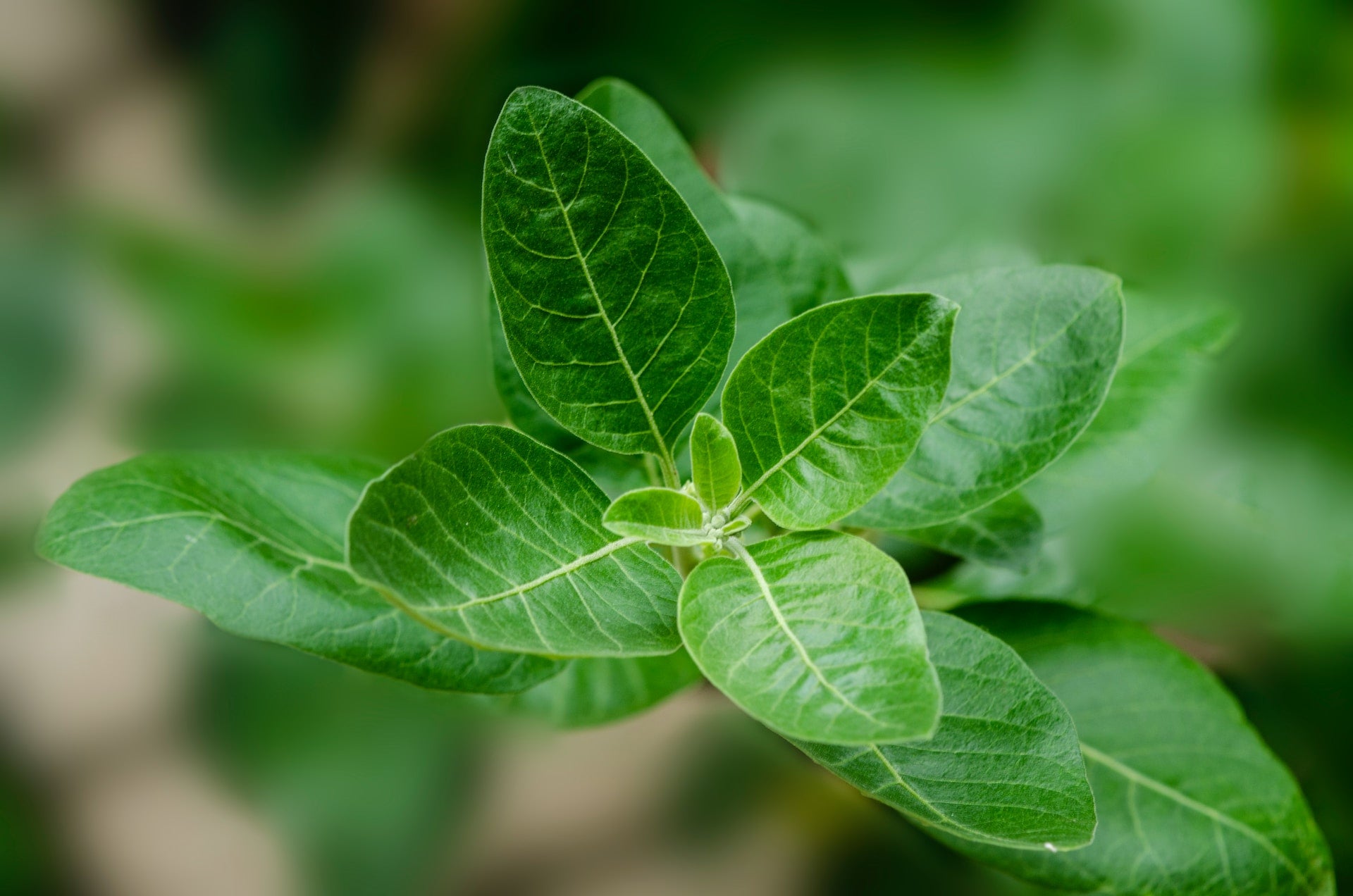There are a lot of modern pills and potions that people use to try and improve their mental health, tame inflammation, and enhance recovery. But most of them are made in a lab and some have a long list of side effects. In contrast, folks in the Himalayas have been harvesting herbs, plants, and other botanicals for hundreds of years that have similar benefits with none of the downsides. Here are three staples of traditional Ayurvedic medicine you can use to improve your overall wellbeing.
- Ashwagandha
Some of the most potent Ayurvedic supplements belong to a class of botanicals known as adaptogens. As the name implies, these enable your body to adapt to and buffer biological, physical, or chemical stressors, and help return important functions to their regular baselines despite excessive stimuli that you might be subjected to. Ashwagandha is an adaptogen that’s known as “the queen of herbs.” Rather than being commercially farmed, the purest form is wild harvested from its native environment in locations like Kerala, India, which is a biodiverse region also known for its rich honey and an abundance of other plants used in Ayurveda.
Ashwagandha is often used to promote better rest. Its advantages in this area aren’t merely anecdotal but are also backed by research. A study by Indian researchers found that daily ashwagandha consumption for 10 weeks helped participants who struggled with insomnia to drift off faster and have higher quality sleep. Another trial offered a potential explanation for this sleep-improving effect. A team of neuropsychiatrists asked subjects to take ashwagandha every day for two months. When they evaluated the response, the scientists found that participants’ levels of cortisol – a key stress hormone – were reduced and that they reported feeling less stressed and anxious.
If you’re an athlete, ashwagandha also shows promise as an ergogenic aid. A paper published in the Journal of Ayurveda and Integrative Medicine found that taking it for eight weeks improved cyclists’ endurance, which the authors speculated could be due to beneficial effects on the cardiovascular system, including increasing the amount of red blood cells that carry oxygenated blood to the muscles.
- Turmeric
When it comes to anti-inflammatory supplements, marine-derived omega-3 oil is most people’s go-to option. As effective as this can be, there are populations living high in Himalayan countries like Nepal and Tibet who don’t have regular access to fish because lakes and rivers are often frozen solid, and yet live long and vital lives. One of their nutritional secrets is regularly consuming another staple of Ayurvedic medicine: turmeric. Known as “the spice of life,” this is what gives curry its rich natural hue and contributes to the complex flavor.
Curcuminoids are a big part of turmeric’s secret nutritional sauce. This group of naturally occurring polyphenols has been shown to have a whole host of health benefits. A review released via Foods stated that these include assisting in the management of “oxidative and inflammatory conditions, metabolic syndrome, arthritis, anxiety, and hyperlipidemia.” A group of Canadian and Brazilian nutritionists found that when runners took turmeric before a half marathon race, they had a higher level of the anti-inflammatory protein IL-10 and a lower level of the muscle damage marker myoglobin afterward, suggesting that turmeric protects the body from excessive inflammation and aids in recovery.
Research published in the journal Planta Medica showed that when it’s combined with black pepper, curcumin absorption is enhanced by up to 2,000 percent. If you don’t want to track down a pepper shaker every time you take your turmeric supplement, look for one that contains piperine, the compound that increases the bioavailability of curcumin.
- Cordyceps
Medicinal mushrooms have become a huge growth sector in the natural supplements industry over the past few years. While varieties like lion’s mane, chaga, and reishi have been popular for a while, the curative powers of the rare Himalayan mushroom Cordyceps sinensis make it stand out. Growing above 14,000 feet on hard-to-reach mountainsides in Bhutan, cordyceps can fetch a king’s ransom at market because of how difficult it is to locate and harvest. But the hunt and sticker price is worth it from a health perspective.
A review led by food scientists from the University of Guelph noted the anti-aging properties of cordyceps and also referred to recent research that has shown its promise in inhibiting the growth of three kinds of tumor cells. Another review in Molecules commented that the bioactive component cordycepin helps regulate immune function and DNA expression, reduces pain, and has antimicrobial, antiviral, and antioxidant properties. Other studies have demonstrated that cordyceps protects the hippocampus region of the brain for damage and might improve cognitive output by increasing information recall and retention.
Cordyceps first made headlines when a Chinese Olympic coach mentioned his athletes using it in preparation for the Beijing Games. Since then, more studies have focused on the potential impact the mushroom might have on sports performance. Taking cordyceps helped a group of amateur marathoners keep their heart rates at submaximal levels after eight weeks and improved other indicators of aerobic output at 12 weeks. Animal studies have also suggested that cordyceps could improve energy availability by stimulating greater production of ATP.






















